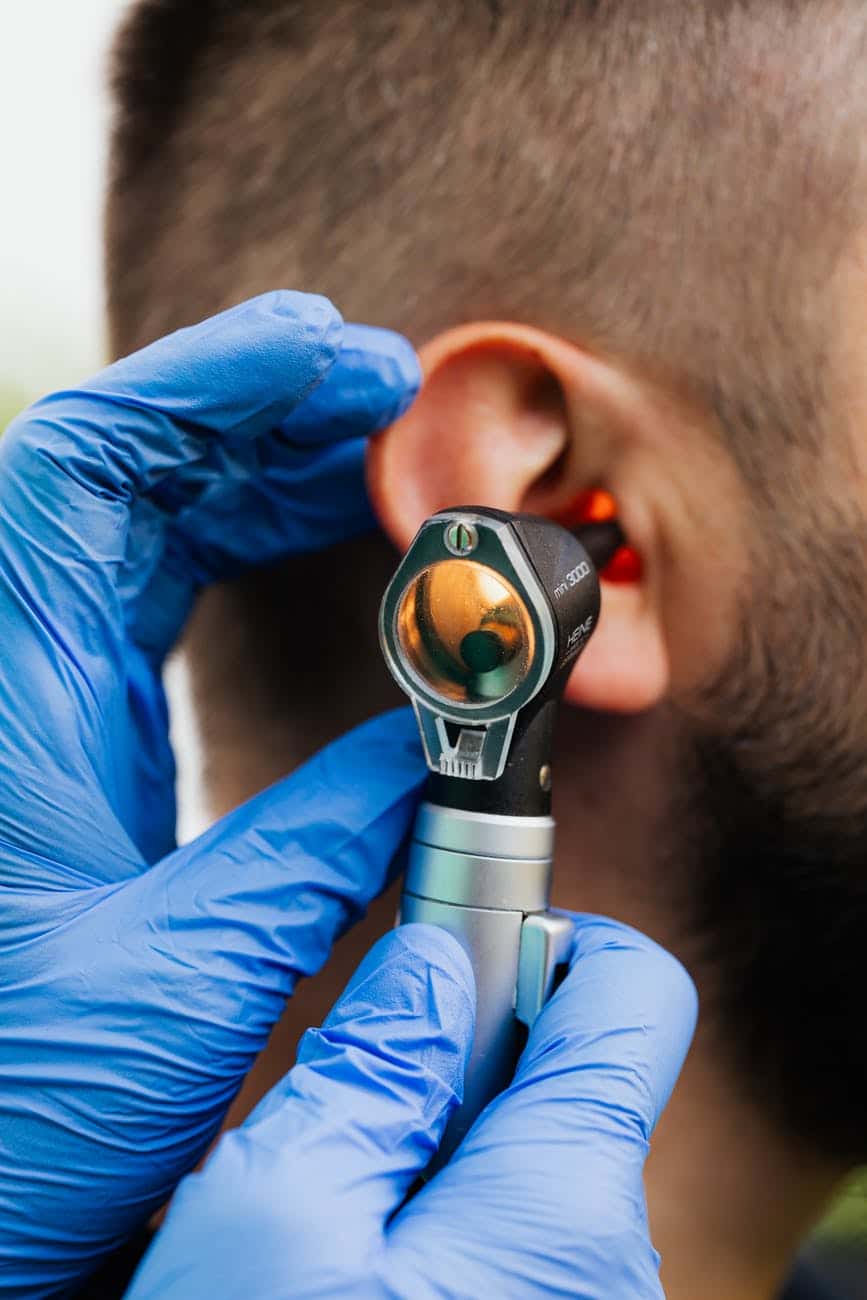Most of us know the feeling of relief after getting dismissed from a meeting, leaving a party or exiting a Zoom call. That’s because straining to listen over background noise, understand what’s being said, remember the information and formulate a response is mentally exhausting. For people with hearing loss, the level of exhaustion is exponential.
Why Hearing Loss Causes Fatigue

The ears and the brain work together to help us hear and understand the sounds around us.
Within the ears are tiny sensory hair cells called stereocilia. These cells convert soundwaves into electrical energy that the brain interprets as sound. Each cell is responsible for a specific frequency, so when they become damaged or destroyed, the auditory system can’t detect that particular frequency anymore. The brain has to work harder to fill in the gaps, leading to fatigue.
Research by Johns Hopkins and other shows that lack of stimulation in the parts of the brain that help us hear caused by hearing loss can actually lead to atrophy and shrinkage, and cognitive resources will be allocated to other senses instead. This phenomenon is called auditory deprivation, and early intervention is key to preventing these neuroplastic changes.
How to Cope with Listening Fatigue
Fortunately, there are steps you can take to minimize the effects of listening fatigue. Next time you start to feel worn out by social interactions, we recommend…
- Taking a break. Whether you’re in the office or grabbing coffee with a friend at Ubora Roasters, you should feel free to take breaks as needed. Taking a walk around the block or finding a moment in a quiet corner may be just what you need to feel reinvigorated.
- Eliminate background noise. Trying to listen in the presence of background noise is especially exhausting. Try to have your interactions somewhere quiet.
- Practice deep breathing. Staying relaxed will help prevent tension and feelings of exhaustion.
- Take a nap. If your WFH situation allows it, taking a quick 20-30 minute snooze between meetings can make you feel more alert and help you perform better without interfering with your nighttime sleep schedule.
For more information or to schedule an appointment with an expert audiologist, call Augusta ENT today.